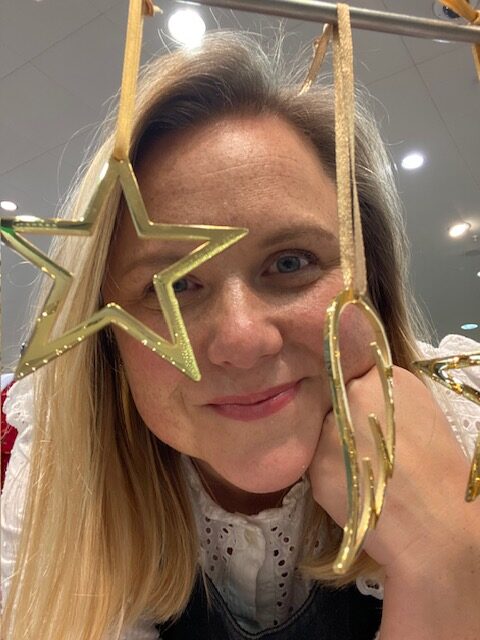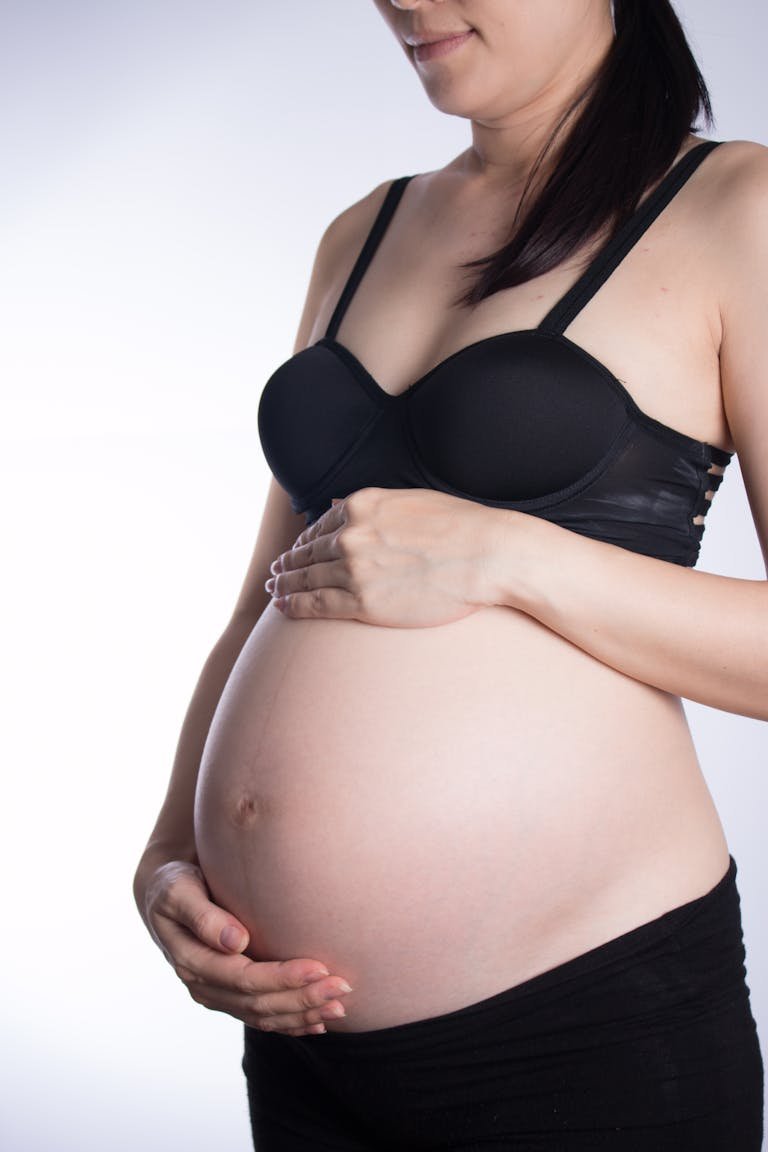Microchimerism: The Hidden Connection Between Mother and Child
As part of Baby Loss Awareness Week, we’re exploring a remarkable yet lesser-known phenomenon that affects mothers—microchimerism. This scientific concept, while not often discussed, carries profound emotional weight, particularly for mothers who have experienced pregnancy loss. For Melissa Williams, a mother of two and the founder of In Remembrance, the discovery of microchimerism reshaped how she understood her connection to the babies she had sadly lost.

Melissa first learned about microchimerism through an Instagram post by Anna Whitehouse, also known as Mother Pukka, showcasing a podcast episode with Myleene Klass. “It’s a really short clip that I watched over and over and couldn’t stop thinking about for days after,“ she shares. Like many, she was intrigued by the idea that cells from her lost babies still remained with her, woven into her very being.

What is Microchimerism?
Microchimerism occurs when a mother and baby exchange cells during pregnancy. These cells, known as foetal cells, can integrate into the mother’s body, where they may reside for years, or even for life. This exchange happens regardless of the outcome of the pregnancy, which means that even after miscarriage or stillbirth, a mother may carry cells from her child in her body. Some studies suggest that these foetal cells may play a role in healing maternal tissues or even protect the mother from certain diseases. It’s a biological connection that extends far beyond the physical presence of the child.
Baby loss and microchimerism
For Melissa, this concept took on personal significance after she suffered two miscarriages. “My first pregnancy, in 2014, resulted in a miscarriage at 8 weeks. And because it was ‘early on’ we hadn’t told many people – just close family and a couple of friends. So when I lost the baby, the whole ‘wait till you get to twelve weeks’ was validated. But for what purpose? So that people at work didn’t know? So that I didn’t have to talk about it?” Melissa recalls feeling isolated and frustrated by societal norms that encourage silence around early pregnancy and loss.
Her next pregnancy, in 2018, also ended when she lost her baby at 17 weeks. After noticing a small amount of spotting, she went to the hospital for a check-up. “They tried to find the baby’s heartbeat with a doppler but couldn’t, so went off to get the ultrasound machine. I remember not worrying at that point. Thinking the baby was hiding. But the ultrasound couldn’t find a heartbeat, and that’s when we found out our baby had died.”
Melissa was devastated. But what she didn’t know at the time was that both of her lost babies had left more than just memories behind—they had left their cells, forever becoming a part of her.

An Overlooked Phenomenon – cells left behind from a lost baby
What surprised Melissa most was that despite the care and support she received during her losses, no one had ever mentioned microchimerism. “During all of this, no one ever told me about microchimerism. About how this baby and the one I had lost previously had shared their cells with me and that I would keep those cells forever, in places like my heart. About how this baby might very well have patched something up inside of me that needed mending,” she says.
The emotional impact of discovering microchimerism is immense for mothers who have experienced loss. It offers a sense of ongoing connection, a tangible link to the child that remains, even if they never had the chance to hold them for long.
For Melissa, learning about this was both empowering and healing. “When I saw the Instagram post and couldn’t stop thinking about it, I started looking into microchimerism and learning more about it. I started to tell my family and friends and not one person had heard of it.”
A Personal Tribute
Inspired by this discovery, Melissa created the ‘Part of Me‘ necklace collection, a deeply personal tribute to her experience with microchimerism. Each piece symbolises the ongoing presence of lost babies in a mother’s life. The collection also supports PANDAS, a charity supporting families affected by pre- and postnatal mental health issues, with £5 from each sale going to the organisation.
In Melissa’s words, “It’s the most personal collection I have ever designed, and as you can imagine, is so personal to me.”

A Lasting Connection
For mothers like Melissa, microchimerism offers a way to continue the bond with their lost children. It’s a reminder that even in loss, there is connection—one that science helps us to understand, and one that the heart holds onto. The discovery of microchimerism has allowed Melissa to reframe her grief, transforming it into something beautiful and enduring.
“If you go on to have a baby after your loss, as I did on both occasions, the cells from all of the babies you’ve ever carried pass to that child. Meaning, when you kiss your child goodnight, you’re actually kissing them all.”

Find out more about Melissa’s Part of Me necklace collection from In Remembrance here.
If you have been affected by any of the topics in this article, including baby loss, you can find support at the following places:
Read more from Pregnancy Pal
-
Is It Normal to Feel Exhausted in Early Pregnancy?
Exhaustion in early pregnancy can feel overwhelming. Many people are surprised by how intense fatigue can be, particularly in the first trimester. Feeling extremely tired in early pregnancy is common and usually linked to hormonal changes. Early pregnancy exhaustion is not the gentle sort of “I stayed up too late watching telly” tired. It is…
-
Pregnancy Bra Fitting Guide: How to Get the Perfect Fit
If someone had told me that getting fitted for a bra would be one of the most helpful things in pregnancy, I might have blinked slowly and nodded while scrolling Instagram. But let’s be honest, when your body is doing the most dramatic redesign since puberty, a bra fitting in pregnancy moves from “optional” to…
-
Why Do My Breasts Hurt in Early Pregnancy?
Breast tenderness is often one of the earliest signs of pregnancy. For some people it is mild discomfort or an unusual tingling sensation around the breast, while for others it can feel surprisingly intense, making everyday movement uncomfortable. When this pain appears early on it can raise questions about what is normal and whether it…



